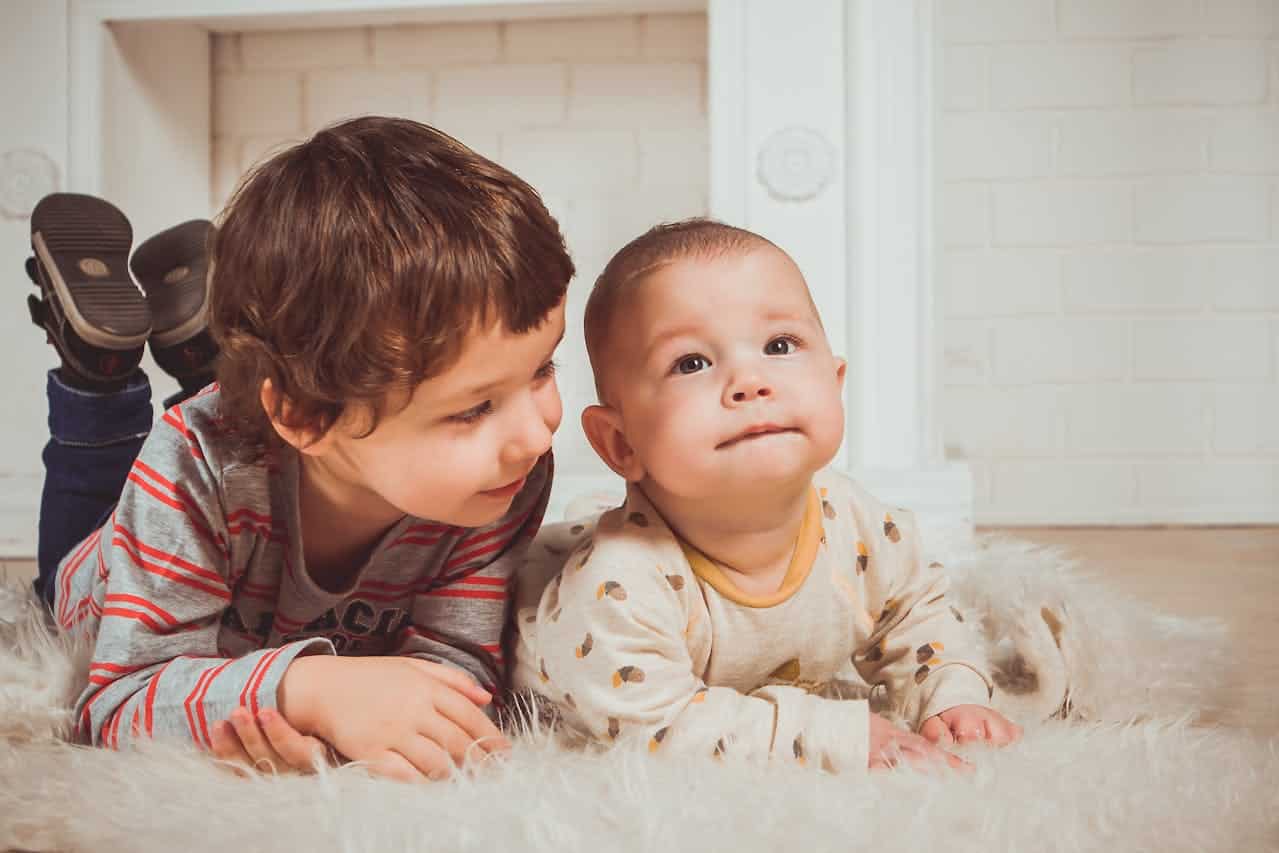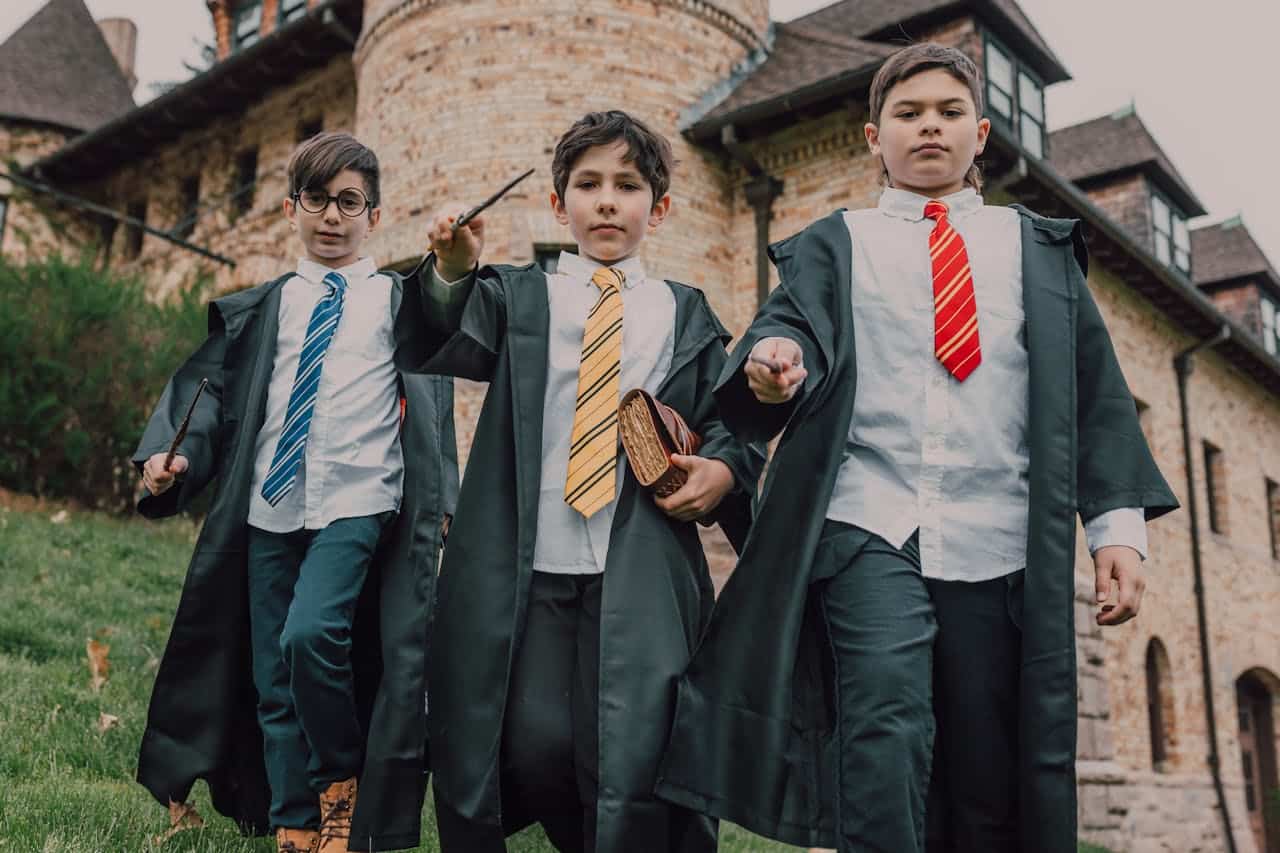Hey there, awesome parents and caregivers! Let’s chat about something super important: helping your kiddo with autism rock their social skills. We know it can be tough, but don’t worry – we’ve got your back! Today, we’re diving into the world of ABA therapy and social skills training. Trust us, it’s not as scary as it sounds, and it could be a game-changer for your little one!
Why Are Social Skills Such a Big Deal?
Alright, let’s break it down. Social skills are like the secret sauce of life – they help us make friends, understand what’s going on around us, and just generally get along in the world. For our amazing kiddos with autism spectrum disorder, these skills might not come as easily, but here’s the cool part: they can totally learn them!
Success Stories
“Move Up ABA has been a lifeline for our family. Before starting therapy, our son struggled with daily routines and communication. Now, he’s more independent and even initiated a conversation with a classmate for the first time! The progress we’ve seen in just six months is truly remarkable.”
- Emily R., Silver Spring, Accountant
“As a single dad, I was overwhelmed trying to manage my child’s behavior. The Move Up ABA team not only provided amazing support for my little girl but also taught me practical strategies to use at home. Their in-home sessions fit perfectly with our busy schedule. I’m so grateful for their patience and expertise.”
- Michael T., Rockville, Middle School Teacher
“We were hesitant about starting ABA therapy, but Move Up ABA’s approach put us at ease from day one. Our twins have made incredible strides in their social skills and self-regulation. The therapists are like extended family now, and we couldn’t be happier with our decision to work with them.”
- Aisha and James L., Simpson, Police Officers
Social Skills 101: What Are We Talking About?
When we say “social skills,” we mean all sorts of awesome abilities like:
Picking up on social cues (like knowing when someone’s joking)
Understanding body language (because sometimes our faces say more than our words!)
Respecting personal space (nobody likes a close talker, right?)
Following those unwritten social rules (like not talking about your neighbor’s weird haircut)
Making eye contact (but don’t worry, we know this can be tricky)
Being a good listener (because everyone loves to feel heard)
Why Your Child’s Social Skills Matter
Helping your kiddo boost their social skills isn’t just about making your life easier (though that’s a nice bonus!). It’s about setting them up for success in so many ways:

They’ll find it easier to chat with family members and make friends
Their self-confidence will soar (and who doesn’t want that?)
School and other social settings won’t feel like such a minefield
They’ll feel more relaxed in social situations
They’ll be better prepared for independence down the road
ABA Therapy: Your Secret Weapon for Social Skills
Now, let’s talk about this thing called Applied Behavior Analysis, or ABA therapy. Don’t let the fancy name fool you – it’s actually a super practical and effective way to help children with autism learn all sorts of skills, including social ones!
How Does Behavior Analysis Work Its Magic on Social Skills?
Think of behavior analysts as social skills detectives. They’re experts at:
Figuring out exactly where your child might be struggling
Coming up with cool strategies to tackle those tricky areas
Using positive reinforcement (aka lots of high-fives and encouragement)
Keeping track of progress and switching things up if needed
The Secret Ingredients of ABA Social Skills Training
When behavior analysts focus on social skills, they pull out all the stops:
Social behavior sleuthing: They watch how your child interacts and figure out what needs a little extra help.
Decoding social cues: They teach kids how to read those subtle signs we all give off, like raised eyebrows or crossed arms.
Try this, not that: They help kids find alternative behaviors and better ways to respond in social situations.
Let’s pretend: Role playing is like social skills practice on training wheels – super helpful and way less scary than the real thing.
Taking it to the streets: They make sure your child can use their new skills everywhere, not just in therapy.
Social Skills Programs: Learning Together is More Fun!
Many kiddos with autism have a blast in social skills groups. It’s like a club where everyone’s working on the same thing – how cool is that?
Why Social Skills Groups Rock
Kids get to practice social interactions with real-life friends
It’s a judgment-free zone to try out new skills
Friendships often bloom (cue the “awws”)
Kids learn from each other, not just grown-ups
What Goes Down in Social Skills Programs?
Picture this:
Fun lessons on how to be a social superstar
Acting out different social scenarios (Oscar-worthy performances, we’re sure)
Games that sneakily teach cooperation and turn-taking
Chats about those unwritten social rules that can be so confusing
DIY Social Skills: Tips for Superstar Parents

You’re already your child’s biggest cheerleader, but here are some ways to be their social skills coach too:
Be a social skills superhero: Show ’em how it’s done in your everyday life.
Set up social playdates: The more practice, the better!
Tell social stories: Create little tales about social situations to help your kids understand what to expect.
Play “Listen and Respond”: Take turns sharing and responding to build those conversation muscles.
Catch them being awesome: When you see good social skills, shower them with praise!
Body language charades: Make games out of guessing emotions from facial expressions and body movements.
Step into their shoes: Help your child understand others’ feelings with some imagination exercises.
The Awesome Future Ahead
Investing time in your child’s social skills now is like planting seeds for an amazing future. Just think:
They’ll have an easier time making and keeping friends
School (and maybe even work one day) will be so much smoother
They’ll be more independent (scary but exciting, right?)
Their behavioral health and social intuition will thank you
They’ll be better equipped to speak up for themselves
ABA Therapy and Social Skills: Your Dynamic Duo for Improved Communication

Alright, awesome parents, here’s the deal: ABA therapy and social skills are like peanut butter and jelly – they just work better together. They’re your secret weapons in helping your child with autism spectrum navigate the social world like a pro.
Remember, every kiddo is unique, and this journey is a marathon, not a sprint. Celebrate every tiny victory in your child’s development (dance party, anyone?), and don’t be afraid to ask for help when you need it. With some patience, a lot of love, and the right support, you’ll be amazed at how your child’s social butterfly wings can grow.
Thinking about giving ABA therapy a shot to boost your child’s social skills? We’d love to chat! At Move Up ABA, we’re all about creating personalized plans that fit your child like a glove. Our team of experienced behavior analysts is ready to help your family tackle social challenges and celebrate successes. Reach out anytime – we’re here to help your family rock this journey and make a positive impact on your child’s life!
400 E Pratt St, Floor 8 Baltimore , Maryland 21202, United States
Questions?
Email Us: intake@moveupaba.com
Call Us: (410) 469-1090






